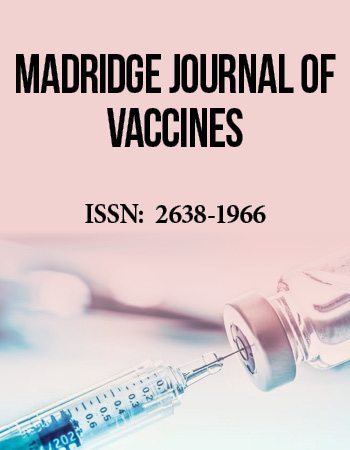International Conference on Vaccines
Feb 20-22, 2017 | Baltimore, USA
Feasibility of monitoring cell mediated immunity during vaccine trials
Chief Scientific Officer, Cellular Technology Limited (CTL), USA
Adjunct Associate Professor of Pathology Case Western Reserve University, USA
Despite the technical advances that facilitated many of the remarkable insights into human immunology in basic research settings, the primary challenge for pharmaceutical, clinical and regulatory entities has been the translation of the gained theoretical knowledge into useful, practical tools that produce reliable, clinically relevant information in large trials while being economically feasible. The ultimate goal is to enable the prediction of outcomes based on biomarkers and other immune monitoring data in order to develop strategies for successful intervention with vaccines and therapeutics.
I will discuss the need for early considerations to the standardization of specimen processing, cryopreservation, sample management and assay systems that are vital steps for the successful design and execution of pre-clinical and clinical trials for Vaccinesthat deliver consistent and regulatory acceptable immune monitoring data. Measurements of antibodies in bodily fluids (e.g., by ELISA) have provided robust and reproducible results for decades, and such assays have been validated for monitoring of B-cell immunity. In contrast, measuring T-cell immunity has proven to be more of a challenge, due to the need to test live cells in functional assays ex vivo. While T cells play a critical role, reliable measurements of antigen-specific T cell responses ex-vivo remain seemingly problematic, as typically, T cells occur in very low frequencies in test samples, such as peripheral blood. Therefore, monitoring antigen-specific T cells and their effector functions is critical for the understanding of diseases, and for proper assessments of the efficacies of specific vaccine therapies. In addition, for an assay to reliably measure T-cell function(s), it needs to be warranted that the test conditions are such that the function of T cells in vitro remains unimpaired relative to ex vivo. In theory, several techniques are available, including the use of HLA/peptide tetramers, intra-cellular cytokine staining, ELISA and ELISPOT. In praxis, however, only ELISPOT assays might meet this need, because of the requirement for: (i) very high sensitivity to detect the rare antigen specific T cells, (ii) the limited number of cells obtainable from patients, (iii) the assayʼs independence of the HLA genotype of the test subjects, and (iv) the ease of performing the assay. Examples of such successful T cell monitoring will be presented.
Biography:
Dr. Magdalena Tary-Lehmann is Co-Founding Scientist and Chief Scientific Officer for Cellular Technology Limited (CTL). Dr. Tary-Lehmann received her M.D. and Ph.D., both from the University of Tübingen, Germany. Her postdoctoral training in Immunology was at the University of California, Los Angeles. She moved thereafter to Case Western Reserve University, where she was awarded tenure and appointed as Associate Professor in the Department of Pathology. As Chief Scientific Officer for CTL she oversees the performance of immunology assays in CTLʼs GLP- and CLIA compliant contract laboratory for various pharmaceutical and biotechnology clients.


